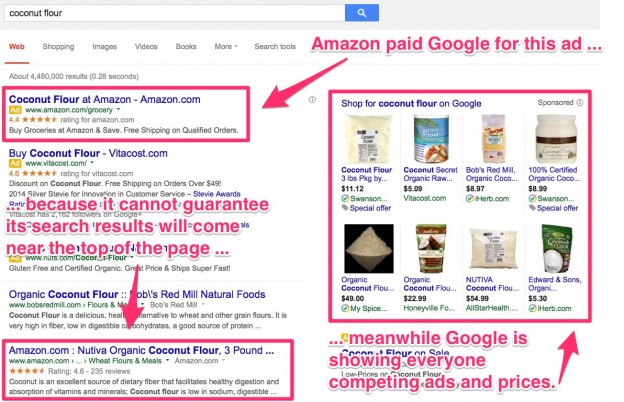In today’s hyper-competitive, hyper-connected world, where just about any transaction can be tied to a data point, market intelligence is fast becoming an indispensable business asset. But how can cash-strapped small businesses make gathering marketing intelligence a priority, and where should they even begin?
What is Market Intelligence?
The typical business is sitting on a wealth of data. Not only are many businesses maintaining an online presence, but most interactions with customers, vendors, employees, or partners are being recorded in some way. This is due to the fact that an increasing number of vital business tools, such as POS systems, accounting software, and CRM solutions are generating treasure troves of information that can be accessed, manipulated, and analyzed on demand.
This goes hand in hand with the shear amount of information about the economy, market trends, and even the competing businesses in the industry that can be accessed by anyone with an internet connection.
This data, or market intelligence, is now being leveraged by businesses to spot trends and opportunities, confirm productivity and market reach, and improve operational efficiency.
Are Small Businesses Relying on Market Intelligence?
The short answer is not so much. According to a recent report by Market Intelligence company Crayon, unlike their big competitors, small companies struggle to invest in market intelligence in any form. Large enterprises, they found, actively invest in people, software, and services dedicated to market and competitive intelligence. A full 89% of these large companies have a team of people focused on the task, and 26% use three or more competitive intelligence (CI) software tools. This compares to just 13% of small businesses of 1 to 10 employees who have a team dedicated to market intelligence. It is probably safe to assume that this tiny percentage of small businesses are offering some cutting edge technology in a highly competitive industry that demands their ability to shift and evolve with changing market conditions.
For the majority of small businesses, the idea of having an entire team of people, let alone even one individual, spending their days tracking the business’ online presence, as well as competitor websites, news sites, content from industry experts, and social media accounts, may seem totally unrealistic.
How to Bring Market Intelligence into a Small Business… on a Budget
The Crayon report concludes that small companies will still struggle to invest in market and competitive intelligence in the near future.
But, it doesn’t have to be this way…
Not only are there a number of budget-friendly solutions in the market that cater to small businesses in particular, but there are a host of platforms that can make the gathering of market intelligence much more doable.
For example, instead of hiring a dedicated market intelligence team, small business owners could turn to freelance platforms, such as Fiverr and its alternatives. These platforms are host to many professional internet and market researchers who offer their services at a discount.
And, precisely because their resources are limited, small businesses have to be much more focused than their bigger counter parts. That means each piece of market intelligence can be tied to a specific goal, such as using company websites and social media profiles to understand how competitors describe themselves and their products or services in order to gauge how current and potential customers respond that those messages.
In the end, armed with relevant market intelligence and the picture it paints, even the smallest companies will have the ability to compete, grow, and succeed today and tomorow.
